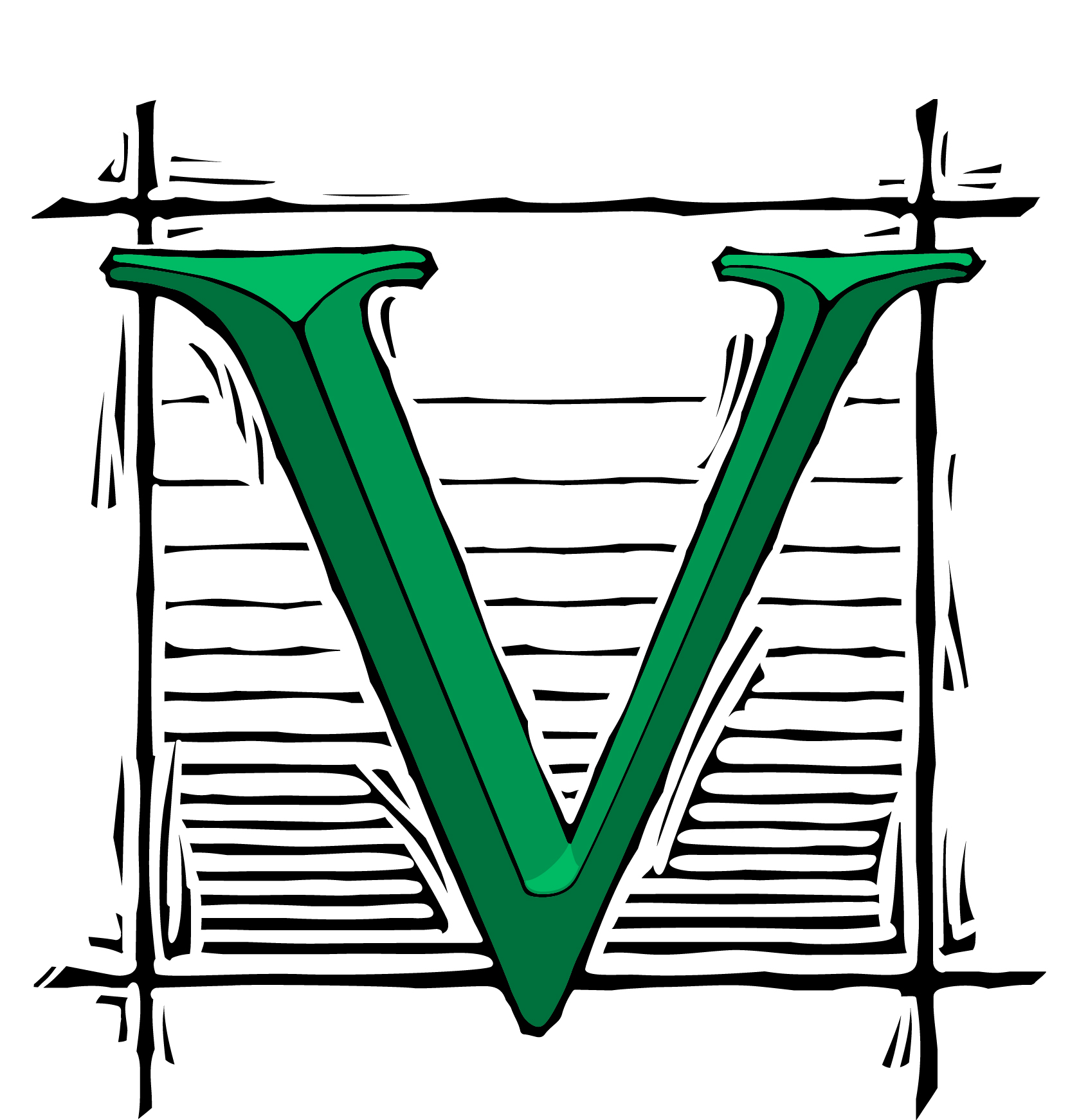About the VERITIES Initiative
VERITIES is an NSF-supported institutional transformation initiative here at MSU that aims to foster a culture of excellence and integrity in university and professional settings by infusing traditional Responsible Conduct of Research (RCR) training with an appreciation and understanding of the scientific virtues. It builds upon the virtue-based RCR training workshop approach already piloted by a collaboration between the Scientific Virtues Project and the Toolbox Dialogue Initiative. Through discussion-based RCR training workshops for graduate students and train-the-trainer workshops for faculty, VERITIES aims to transform the way that we develop STEM researchers to think about the ethical dimensions of scientific practice by supplementing RCR training with a scientific virtue framework.
Scientific Virtues…[are] an innovative, promising way to train researchers in the responsible conduct of scientific research. The approach promises to be a significant improvement over current RCR methods.
— BEACON NSF Site Visit Report
Part of our institutional duty to graduate students is to provide them with professional development that helps them become exemplary members of their research communities. Responsible Conduct of Research (RCR) requirements exist as part of that development. While traditional RCR training tends to be “legalistic” and emphasizes compliance with rules about what not to do, RCR requirements themselves are drawn from a deeper source: the scientific values that animate vocational integrity (Pennock 2015). As a new virtues-based approach to RCR training that augments traditional approaches, the VERITIES initiative articulates those values and asks researchers to engage about the role of those values in practice. The VERITIES initiative to RCR is based upon our tested collaboration between Pennock’s notion of the “Scientific Virtues” (Pennock 2015, Pennock 2019) and the Toolbox Dialogue Initiative (Hubbs, O’Rourke, and Orzack 2020), which provides a prompt-based discussion framework for participants to engage meaningfully with one another through dialogue as they explore conceptual issues and their own underlying presuppositions. The initial reception to this Scientific Virtues Toolbox approach to RCR training has been encouraging, and we are excited to continue offering this approach through VERITIES to graduate students, providing them with new and engaging educational experiences that also help satisfy their requisite discussion-based RCR training hours.
We also commend their innovative approach to the ethical conduct of research based on the ‘virtues of science’ … There is a strong emphasis on understanding and promoting the nature of science and the value of science in education through the Science Virtues project, which serves as example of how to instill responsible/ethical practices in science education. Simultaneously, the Science Virtues project could influence STEM identity development and be used to help mitigate some of the challenges in recruiting and retaining underrepresented groups in STEM.
— BEACON NSF Site Visit Report 2016
